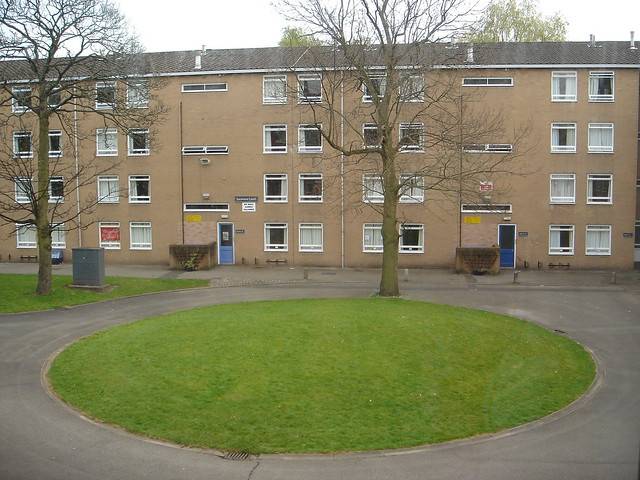
Arguably one of the biggest changes of recent decades has been the fact that university education has changed from being a privilege for the elite to being available to people from all walks of life and this change has led to a substantial increase in the numbers of people attending university, usually (although not always), directly after completing secondary education.
A substantial increase in student numbers leads to a substantial increase in the need for student accommodation and this can lead to a number of challenges, especially when you take into account the fact that university cities, for obvious reasons, also tend to be places which attract companies who need a reliable supply of highly-skilled workers.
The university premium
Property consultancy firm Bidwells analysed pricing data for the top 50 university cities around the world and concluded that prices were around 25% higher than average prices throughout the country.
This held true for all countries analysed and for a date range of 2009 to 2018. They also found that house-price growth for that period was an average 65.8% for the universities cities, making it, again, about 25% higher than the national average growth of 40%.
Bidwells undertook the research in an effort to draw attention to the unique situation of university cities, which often play a key role in their country’s economy, and, in particular to highlight the need to take urgent action to develop suitable housing infrastructure in order to support continued and sustainable growth.
Claim up to $26,000 per W2 Employee
- Billions of dollars in funding available
- Funds are available to U.S. Businesses NOW
- This is not a loan. These tax credits do not need to be repaid
The university premium in the UK
In the UK, Oxford and Cambridge stand out as the two places which are arguably most at risk of becoming victims of their own success and the house-price inflation it has caused.
In simple terms, these are both very small towns with very prestigious universities which attract the brightest and best students from around the world and hence have become a magnet for employers who want to tap into the reliable supply of top-quality talent.
Unless action is taken very quickly, there is a severe risk that young adults from lower-income backgrounds will forgo the prestige offered by these universities in favour of the lower cost of living offered by their competitors and thus set in motion a downward spiral which could damage both the universities and the businesses which have grown up around them.
Quite simply, if fewer students apply to Oxford and Cambridge universities, then it seems reasonable to assume that they will have to increase fees for those who do go and/or find ways to cut their expenses, which will almost certainly mean some reduction in the overall academic experience, for example, the closure of niche departments.
Either of these actions could reduce the attractiveness of the universities and hence see more potential students opt to go elsewhere. It further seems reasonable to assume that, sooner or later, these students will be followed by the businesses which rely on their talents and hence bring about a reversal of economic growth.
What’s more, there is no guarantee that the students who would have gone to Oxford or Cambridge will choose another university in the UK since those who are talented enough to be accepted at Oxford or Cambridge are likely to be welcomed into any university of their choosing anywhere in the world.
Author Bio
Indlu are estate agents in Manchester offering a no sale, no fee estate agency service in the North West as well as a free online house valuation for an instant valuation to find out how much your property is worth.



